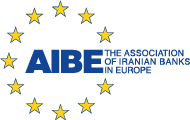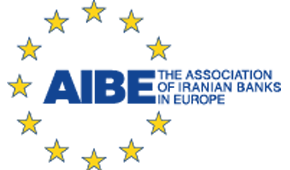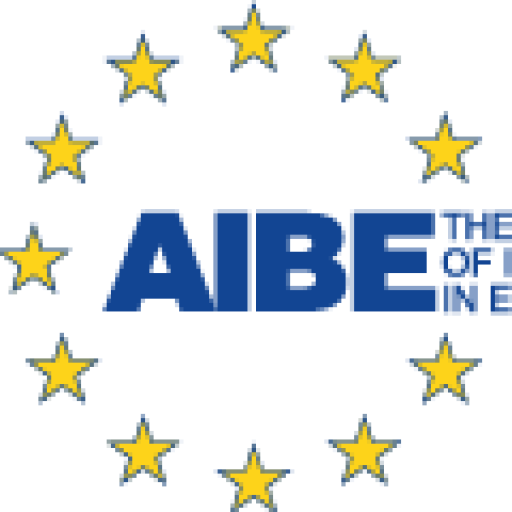Dr. Nader Maleki
Präsident International Bankers Forum e.V.
Frankfurt am Main
communication through her partners in business, the financial sector, but also from science and society. Our customers trust our competence.
We advise major clients, medium-sized companies, and individuals as well as associations and institutions from politics, the financial industry, business, and science. We offer our clients holistic advice with a focus on strategic communication, positioning, and processes in the political and regulatory environment – a crucial prerequisite for business success. The placement of important contacts via our network and the organization of top-class events and conferences complete the offer.
The MALEKI CORPORATE GROUP GmbH operates through its partners in addition to Frankfurt am Main and Berlin in Paris, London, Tehran, Beijing, and New York. It is grouped around the founder and CEO Dr. Nader Maleki, who has made a name for himself internationally in financial communications for more than three decades. Renowned events such as the “EURO FINANCE WEEK” and the “European Banking Congress” and organizations such as the “International Bankers Forum” can be traced back to Nader Maleki, who has also been the business ambassador of the City of Frankfurt am Main since December 2017.
Our interdisciplinarity, seniority, creativity, diversity, as well as our network in politics, industry, associations, science, and society, are our strengths that justify the success for our customers.
We place our daily activities at the service of our clients, guided by corporate values of integrity, transparency, result orientation, loyalty, and responsibility.
We look forward to speaking with you.
Our business is communications.
MALEKI connects people and ideas.



